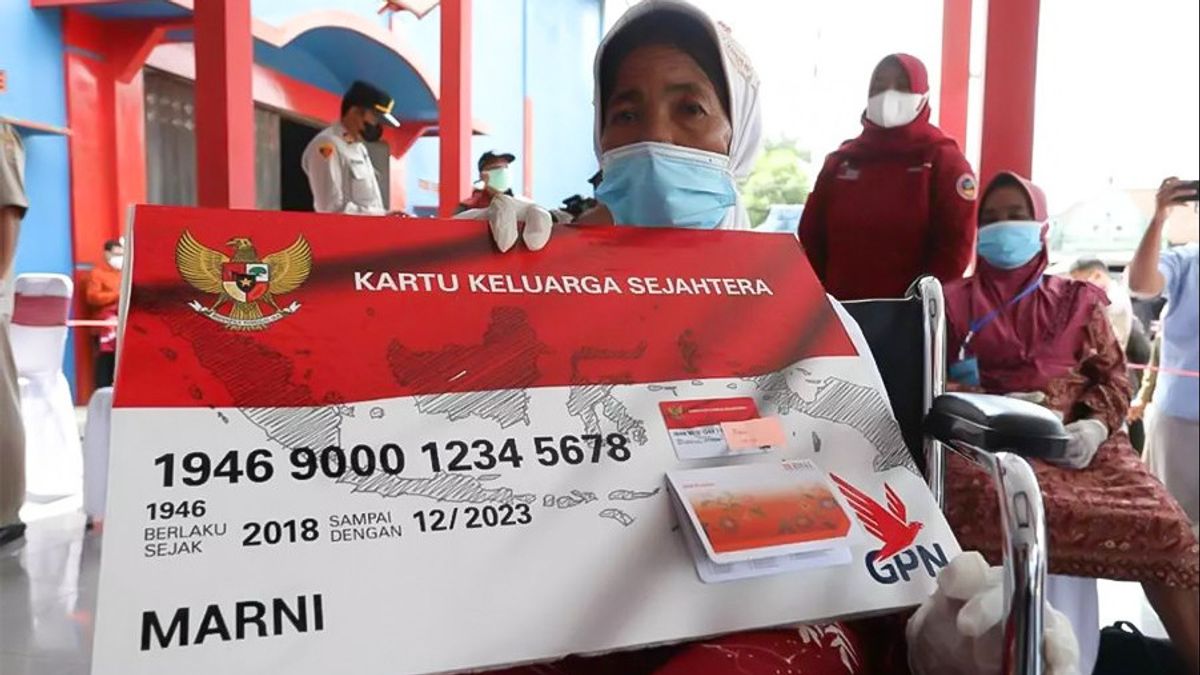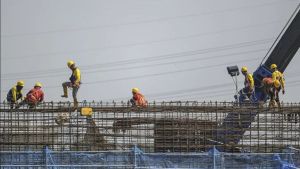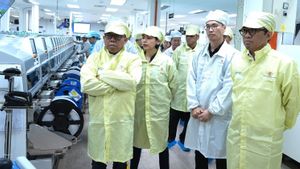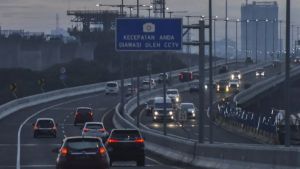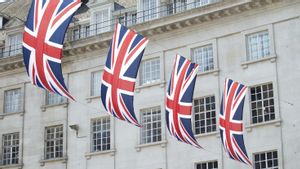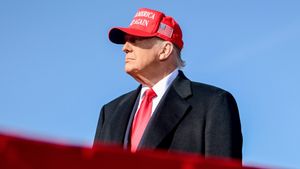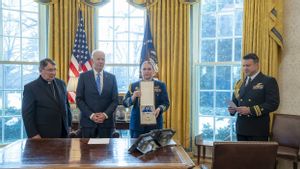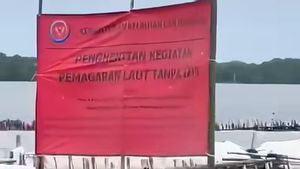JAKARTA - The government through the Ministry of Finance (Kemenkeu) said that the adjustment of fuel oil prices (BBM) is an effort to optimize the benefits of the state budget as well as possible for people who need it more.
Director General of Budget of the Ministry of Finance Isa Rachmatarwata said the strategy taken was to protect the poor and vulnerable to poverty from the impact of rising food and energy prices.
According to him, the government has increased the subsidy budget and compensation for 2022 fuel by more than three times, from Rp. 152.5 trillion to Rp. 502.4 trillion.
However, the distribution of utilization is claimed to be enjoyed more by groups of people who are able to afford it, so it is necessary to apply a subsidy transfer policy so that it is more targeted and fairer to ease the burden on the 2022 State Budget and increase the 2023 fiscal space.
It turns out that this compensation fuel subsidy is more enjoyed by those who use more vehicles, meaning that people who are more capable of enjoying this subsidy. So if we can then transfer this, we can change its shape into a form of our support for the poor or vulnerable to the poor will certainly be better," he said in an official statement on Tuesday, September 6.
Isa added that the policy of transferring fuel subsidies was carried out to protect the purchasing power of the poor and vulnerable through the distribution of social assistance (bansos), among others in the form of direct cash assistance (BLT), wage subsidy assistance (BSU), and 2 percent of public transfer funds (DTU) for public transportation subsidies, motorcycle taxis, fishermen and additional social protection.
"This is intended to maintain the purchasing power of all of our people in the lower layers," he said.
Sri Mulyani's subordinates also explained that BLT had begun to be distributed through coordination with the Ministry of Social Affairs, Pos Indonesia, and the Ministry of Manpower.
"Then, God willing, this week the distribution will also begin for workers with wages below Rp. 3.5 million per month, which will be coordinated by the Ministry of Manpower," he said.
Meanwhile, the government's distribution scheme guarantees that the distribution of subsidy funds is carried out transparently, namely through the verification and validation process carried out by the Financial and Development Supervisory Agency (BPKP), followed by the budget audit process carried out by the Supreme Audit Agency (BPK).
Meanwhile, data social assistance funds (bansos) will be verified, validated and updated by the Ministry of Social Affairs through Social Welfare Integrated Data (DTKS).
After the payment is made, of course, we will also conduct an audit. So it will ensure that we pay using the budget to people who are truly entitled, in this case, those who are poor and vulnerable to poverty, he explained.
The government itself predicts that the provision of a number of social assistance in addition to maintaining the purchasing power of the people will also play a role in reducing the poverty rate. This will actually reduce the poverty rate a little. From what we predicted, it is currently at 9.3 percent, maybe up to 9 percent. Hopefully we can make it happen," concluded the Director General of Budget Isa Rachmatarwata.
The English, Chinese, Japanese, Arabic, and French versions are automatically generated by the AI. So there may still be inaccuracies in translating, please always see Indonesian as our main language. (system supported by DigitalSiber.id)
